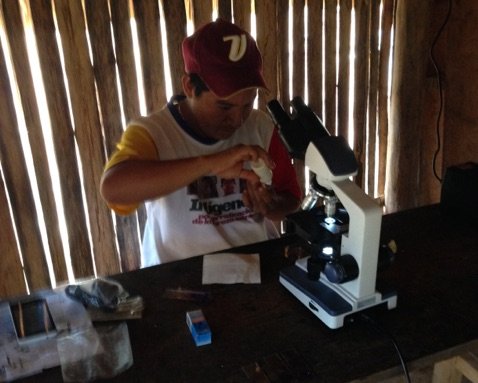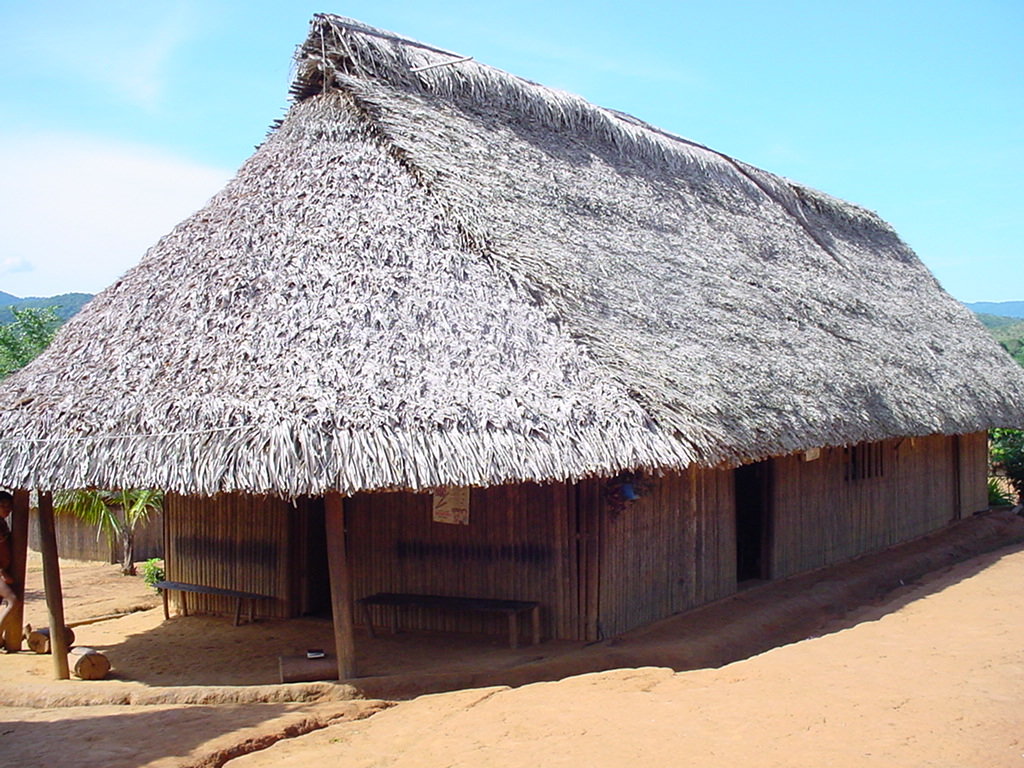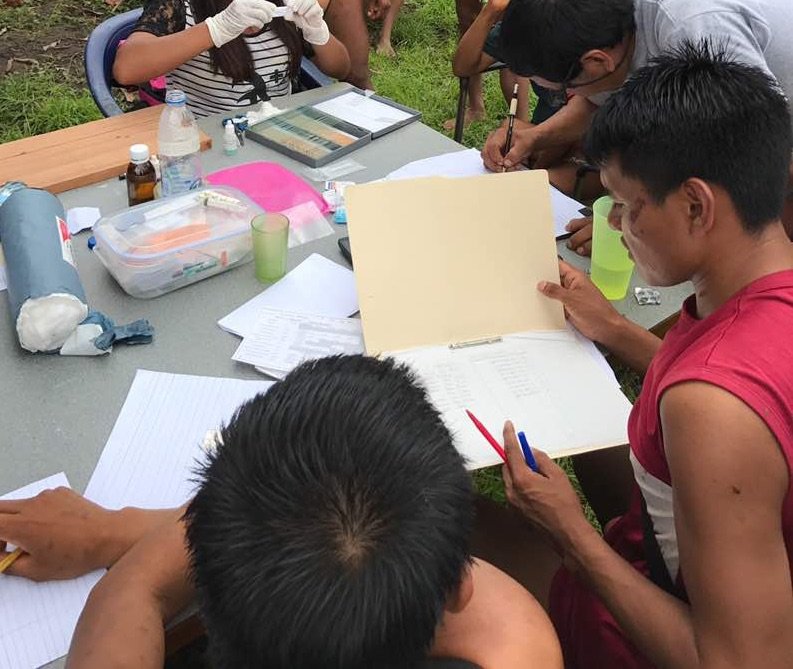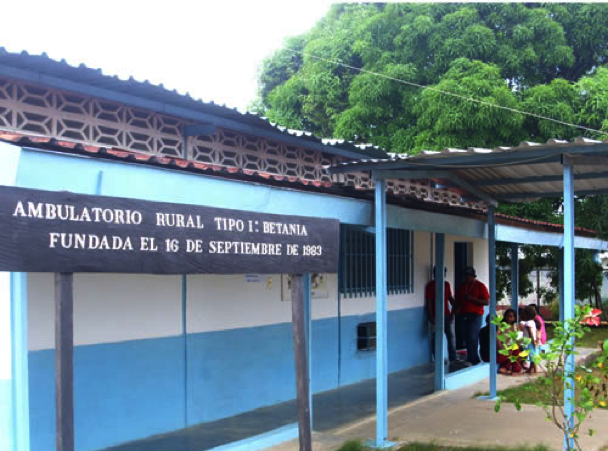By Eglee and Stanford Zent | Project Leaders
Egleé and Stanford, Hawapo project leaders, share the following detailed update. It highlights both the project’s commitment to transparency, and the focused effort required to deliver this lifesaving solution. They write:
**************
"We hope this message finds you in good health and spirits, enjoying the fall season. Thanks to your generous help, we are making progress towards our goal to mitigate the malaria crisis among Jotï, Piaroa and Eñepa indigenous communities of the Venezuelan Amazon. We are deeply thankful for your goodwill and material support for this humanitarian effort.
"With great appreciation, we take this opportunity to update you in regards to our endeavors associated with this project:
1. We have bought and received by donation some medicines and medical supplies for the dispensaries at Kayama, Iguana and Betania de Topocho, the three Indian communities that are the focus of our aid efforts at this time. [[These items were mailed to the headquarters of Action for Solidarity in Miami from different parts of the U.S. This selfless and noble NGO then sent them to our workplace, the Laboratory of Human Ecology at the Venezuelan Institute for Scientific Research (IVIC) in Caracas, where we have the items stored, ready for distribution to the communities.
2. Thanks to the diligence of an old friend and ally, Daniel, the Swiss company Vestergaard kindly offered to donate 3,000 mosquito nets for hammocks impregnated with insecticide to our project. We had initially contacted them to buy the mosquito nets, but when they learned our purpose, they agreed to provide them free of charge. In July, we received definite notification of this generous donation, on the condition that we guarantee the means and resources to transport the nets from the port of Haiphong, Vietnam to Venezuela. Your donations this summer, totaling nearly USD $10,000, allowed us to make that guarantee.
3. Also in mid-July, Stephen of the International Rotary Club graciously donated 200 mosquito nets made for beds. These are destined for those families at Betania who sleep in beds, rather than hammocks. These nets are already in Venezuela, but not yet in Amazon State. We planned to deliver those nets in the latter part of August, but were unable to do so because of flooding. The rainy season was particularly strong this year, and by mid-August the Orinoco River had risen to such an extent that it was almost 19 meters above its normal level, the highest level ever recorded. The high water flooded extensive portions of the main cities (Puerto Ayacucho, Caicara del Orinoco, Ciudad Bolívar) and small towns along its banks, as well as roads and bridges. Ferry crossings connecting the northern and southern sides of the river were also flooded, and the ferries shut down. A bridge on the highway between Betania and the location of the nets was totally washed out. There was simply no way to move the mosquito nets to the community or deliver the medical items and other supplies that we had collected at that time.
4. At the end of August, once we were assured, based on your generous donations, that we would have enough funds to pay for the transport and customs fees, we informed Vestergaard that we were able to meet their conditions. We also drew up a special design for nets made for use with hammocks of the approximate size and dimensions used in the three communities. Vestergaard commenced the manufacturing process in early September and informed us that the nets would be ready by early October. Now, they are waiting to be shipped!
5. We contacted several shipping companies about this job, and settled on one that had successfully delivered mosquito nets to Venezuela in the recent past. Next Day Cargo, Inc., is based in Florida, U.S.A. The cost to deliver the nets as far as Caracas, Venezuela is US $4785.60, and the estimated time from pick-up in Vietnam to delivery in Caracas is 80 days. As with all project expenses, we will not touch the money personally. Global Diversity Foundation will continue to diligently manage the funds, and will pay the shippers directly.
So, the money saved by acquiring the nets via donation will be used to ship them to Venezuela and then to cover the first of a series of flights to deliver them to the Amazonian communities. Both transportation processes are very costly. Egleé and Stanford continue:
“6. After international shipping to Caracas, we still must deliver the nets to the three communities. Only one, Betania de Topocho, can be reached by land transport. Iguana and Kayama are only accessible by air or literally weeks of walking, an impossible task in view of the quantity, volume and weight of the nets. The small planes that enter these isolated remote communities have limited cargo capacity. The plan now is that Egleé will be on the spot when the nets arrive and will dedicate her time to coordinate transportation and accompany the initial delivery flights. This will allow us to provide instruction and information regarding the proper use and care of the nets, in order to maximize their effectiveness and longevity, and to document receipt, which will help us track how well they reduce or stop malaria infection in the recipient communities. In addition, Oscar, the doctor who supports these communities, must travel with us to administer the most specialized antimalarial medicines that are being donated.
In sum, our plan is to proceed with the delivery of the nets and other supplies as quickly as funds permit, once the nets being shipped from Vietnam are safely inside the country."
We believe will need six (6) small plane flights to deliver all the nets and accompanying medication. The estimated cost of each flight is US $1,800-2,000. (Costs to the two communities are slightly different due to different distances from the airports, and in-country costs. Even costs measured in dollars are affected by ongoing inflation). We will cover the first two of those flights with the funds donated to date. Please help us get all the nets to all the families in need!![]()
Thank you, each of you, for taking this project from a sure conviction that we must somehow help our friends of 20 years, to the reality of a tailored solution now heading for people’s homes from half a world away. To deliver all the nets, we need to nearly match the amount we have raised to date. As you make your year-end giving decisions, please think of us. On Giving Tuesday, 27 November 2018, GlobalGiving will again offer matching funds to increase the value of your donations!
Project reports on GlobalGiving are posted directly to globalgiving.org by Project Leaders as they are completed, generally every 3-4 months. To protect the integrity of these documents, GlobalGiving does not alter them; therefore you may find some language or formatting issues.
If you donate to this project or have donated to this project, you can receive an email when this project posts a report. You can also subscribe for reports without donating.
Support this important cause by creating a personalized fundraising page.
Start a Fundraiser


